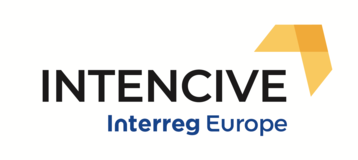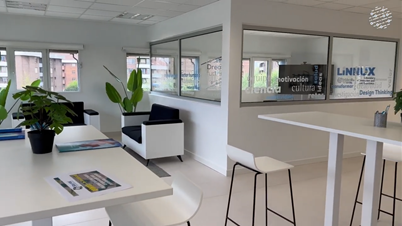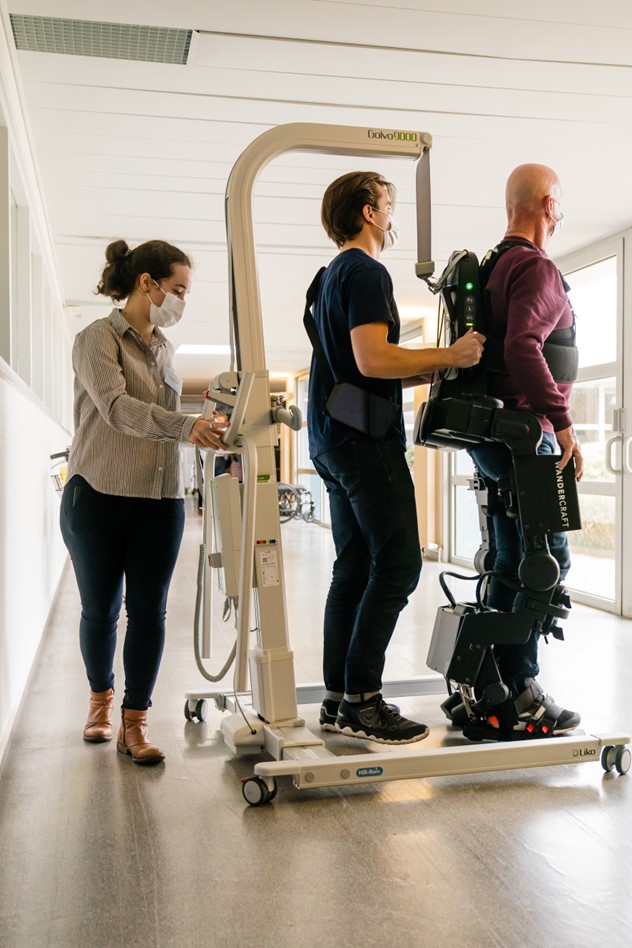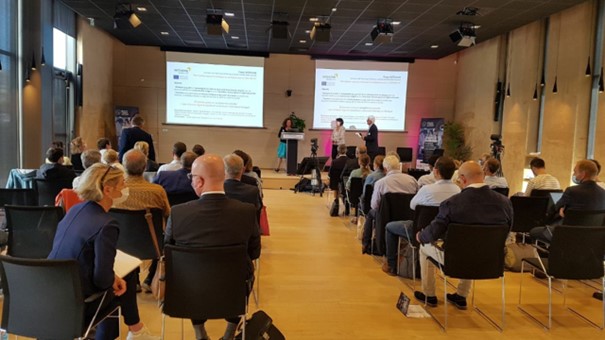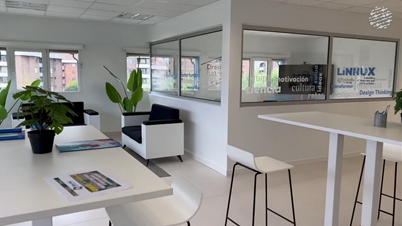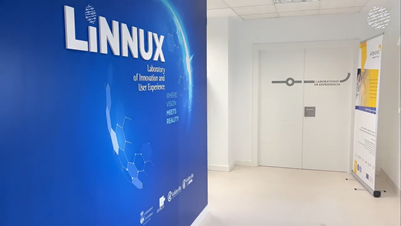When we started the INTENCIVE project back in 2019, nobody could even remotely expect the challenges that we will have to face while realising this project and how more than ever relevant will be the topic of our research. E-health, remote healthcare, smart devices and how to better take care of the health and wellbeing of the elderly were the main topic of the entirety of coronavirus pandemic. As it turned out that the elderly citizens are the most vulnerable to this terrible virus, and an ease with which it spreads favours social distancing and remote consultations whenever its only possible. If we add to this situation that the European population is ageing fast as the low childbirth rate in almost every EU member state is pushing our continent towards the future where most of our society will be in its post reproductive stage of life, it becomes easy to notice how important INTENCIVE project is also in the long run.
According to the Europe 2020 report, the number of people aged 65 and over, will increase by 45% in the next 20 years. It is a significant group of people, involving highly trained professionals of science and industry, that the European economy could make use of. That is why also promoting active and healthy ageing is so important to all European countries. (European Commission, 2020). This situation calls for action and implementation of new, advanced technological solutions as well as policy changes that would suit the healthcare system, housing and living environment to the needs of this growing group of customers. To lower the cost of operation, increase efficiency to handle the demand, and fight inequality in access to medical help. That is why it was one of the aims of the INTENCIVE project to identify the Good Practices from partnering regions and to help them get promoted across the EU.
As we collected dozens of these Good Practices we had to make informed decisions on which ones will make it to this Policy Recommendation Letter and which one will not. With a help of experts from the area of medical sciences, and a series of interviews conducted with actual users/customers of these solutions/services in every region involved in the project we decided on twelve Good Practices that made it to the final version available to all the interested parties. To learn more about these solutions, and the challenges and barriers that we will have to face in the near future, please read the Policy Recommendation Letter. To make it as accessible as possible, we provide you with translation to five different languages so that you can share it with as many people as possible. The Policy Recommendation Letter is just a summary of months of our hard work. Make sure to visit our website to get access to full-length reports, many more good practices, analyses as well as Action Plans prepared by our regional partners.
Get familiar with the Policy Recommendation Letter:
Contact:
Lead Partner
Regional Council of South Ostrobothnia
Sanna Inkeri [email protected]
Oskar Sniegowski [email protected]
